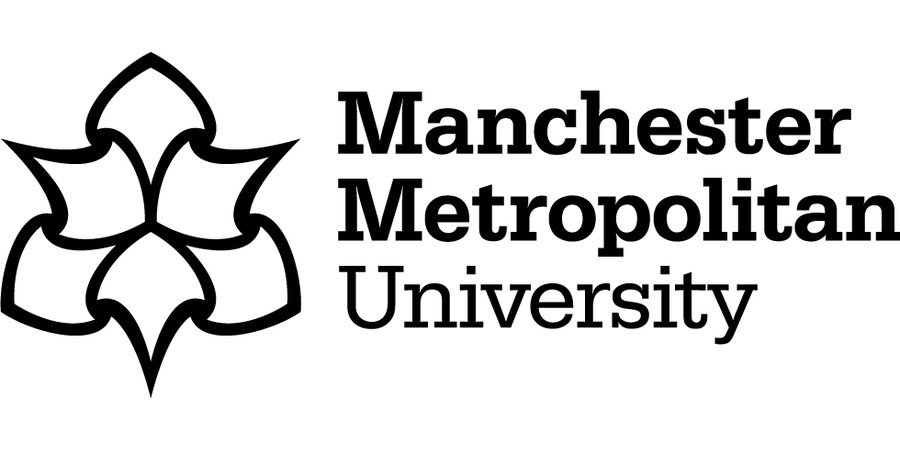PhD Studentship - A Micromechanical Approach to Quantify Failure Risk in Metastatic Trabecular Bone
Manchester Metropolitan University
| Location: | Manchester |
|---|---|
| Salary: | £20,780 - please see advert |
| Hours: | Full Time |
| Contract Type: | Fixed-Term/Contract |
| Placed On: | 23rd April 2025 |
|---|---|
| Closes: | 18th May 2025 |
| Job Ref: | SciEng-OD-2025-Metastatic bone micromechanics |
Project advert
Bone metastasis occurs when cancer cells spread to bones, causing short life expectancies and life-debilitating symptoms. Fracture of metastatic bone remains challenging to predict, meaning that treatment such as physiotherapy (often following surgery) must be conservative, extending recovery times. Understanding the mechanics of metastatic bone failure, by using enriched continuum models (such as micropolar ones, that have been shown to accurately model trabecular bone) could provide clear links between bone scans and fracture risk.
This PhD project will involve the development of computational tools and methods to extract enriched continuum models from healthy and metastatic bone scans, using finite element and geometric approaches. You will work with a supervisory team with expertise in enriched continuum models (Dr Duncan), as well as bone scanning and characterisation (Drs Ireland, Winwood, and Wadge). External advice, collaboration, and travel opportunities will be available via. external project advisors (Dr Dias, University of Edinburgh, and Dr Budzik, Aarhus University, Denmark), who are both experts in crack propagation in cellular solids. You will also gain insights from our clinical partners in The Christie and The Royal Orthopaedic Hospital NHS Foundation Trust.
Project aims and objectives
Aim: To develop and validate novel digital tools to extract micropolar constants from healthy and metastatic bone scanning data, to efficiently highlight failure risk and inform clinical practices.
Objective 1: Literature review of enriched continuum mechanics, focussing on methods to extract enriched continua from microstructural data, and effects of bone metastasis on microstructural and mechanical properties.
Objective 2: Develop finite element approaches to extract micropolar parameters from trabecular bone scans.
Objective 3: Develop the scanning process to efficiently collect new data using Man Met’s state-of-the-art HR-pQCT.
Objective 4: Develop efficient tools to directly extract micropolar parameters from scanning data (using geometric analysis rather than finite element approaches).
Funding
The student will be in receipt of a stipend payment; the Research Council minimum rate (set by UKRI) £20,780 for 2025/26.
Home and Overseas students can apply. Home fees are covered. Eligible overseas students will need to make up the difference in tuition fee funding.
Specific requirements of the candidate
Essential:
- Undergraduate degree in mechanical engineering, physics, applied maths, computer science, or similar.
- Experience in computational mechanics/finite element analysis.
- Experience of coding in C++, python, or Matlab.
Desirable:
- Postgraduate degree in mechanical engineering, physics, applied maths, or similar
- Prior awareness of enriched continuum models (e.g., micropolar, Cosserat)
- Experience working with or analysing cellular solids
- Experience in experimental mechanics/biomechanics/biomedical engineering
How to apply
Interested applicants should contact Dr. Oliver Duncan (O.Duncan@mmu.ac.uk) for an informal discussion.
To apply you will need to complete the online application form for a full-time PhD in Engineering.
You should also complete a narrative CV (500-1000 words) addressing the project’s aims and objectives, demonstrating how the skills you have map to the area of research, how your experience makes you suitable for this position, and why you see this area as being of importance and interest.
You will need to upload your statement in the supporting documents section of the University’s Admissions Portal.
Applications closing date: 18 May 2025
Expected start date: October 2025
Please quote the reference: SciEng-OD-2025-Metastatic bone micromechanics
Advert information
Type / Role:
Subject Area(s):
Location(s):









